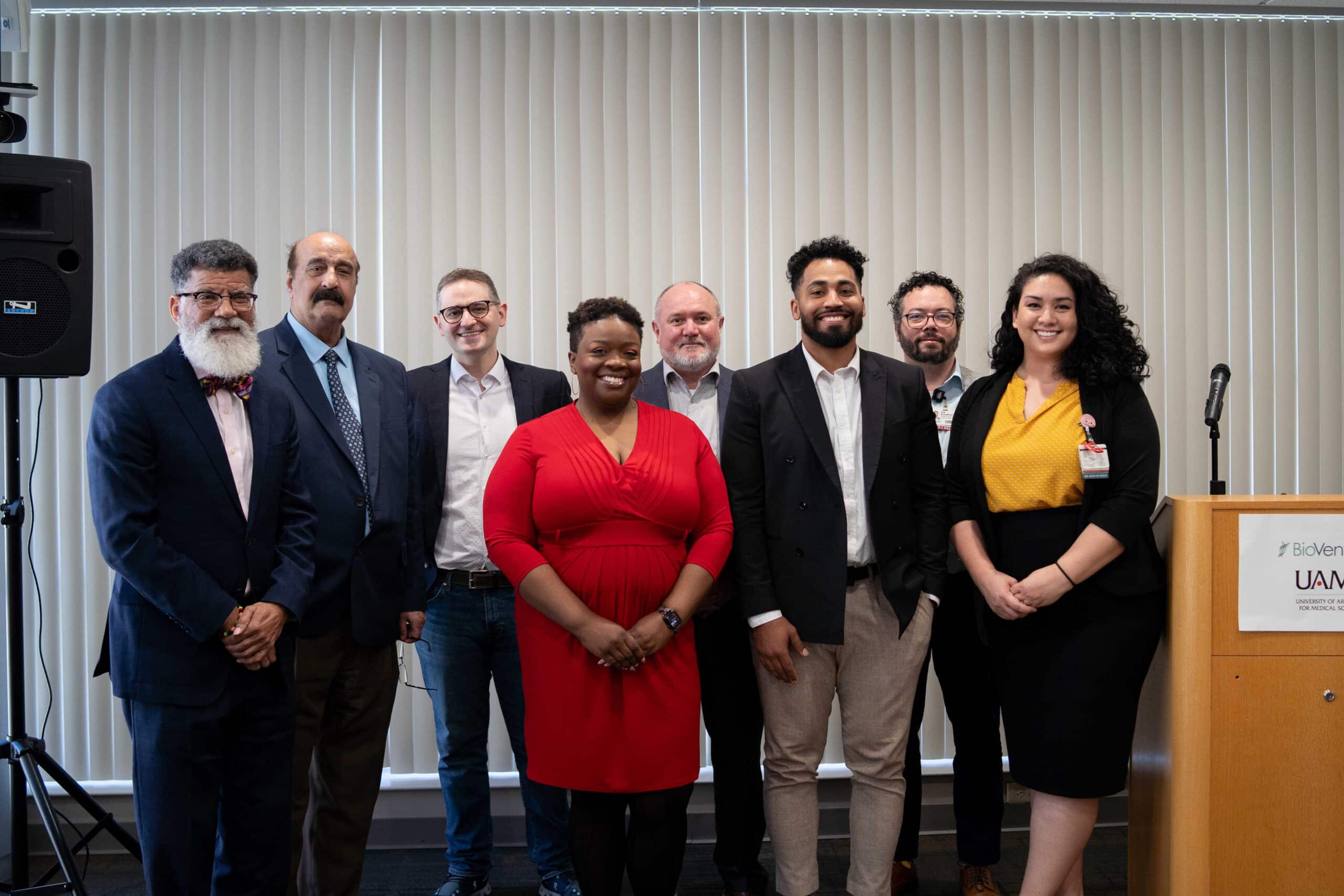Urban Farmer, Local Food Entrepreneur on Community Centered Business
Ben Harrison is and entrepreneur and the founder of FareMarket. FareMarket works with Arkansas farmers and producers to bring your favorite farmers market items to your door with same-day delivery available on all orders. He is part of The Venture Center’s Spark! 2021 cohort!
Spark! is a small business accelerator in Arkansas that aims to jumpstart small businesses and entrepreneurs across the state with access to free, quality resources, training and mentorship.
On this deep dive with Ben Harrison, we talked local food, urban farming, co-ops and community-centered business.
On the origins of FareMarket
I was in my fifth year as an urban farmer, and I was really thinking about food access. I was going to the farmer’s market and we were trying some experimental payment models like pay what you can. But it really wasn’t a good place to implement those kinds of things. So, I was starting to think about community ownership of the food system. I didn’t start everything at once. I wanted to do the market aspect first, and then start doing some organizing in the community to bring them into the market. So that’s the original kernel of FareMarket.
On how FareMarket works
We source produce, meat, flour, all kinds of local foods from about 35 to 40 local farmers, ranchers and food businesses. Those are all available at our website. You can just jump on there and start looking at what we have and add it to your cart. We operate out of a cold storage facility, so our produce is never out on a table for two, three days. It’s always kept near freezing temperatures, so it’s super fresh in our cooler. Our meat is frozen. We have fresh bread every Wednesday from Serenity Farm Bread. We have fresh milk every Wednesday from Ozark Mountain Creamery. So you can just place an order. If we have a slot available, we have same day delivery. So you can just have it brought right to your door.
On solving for food deserts
Sprout was originally my urban farming company. We’re doing some work around starting a community owned farm. We have about 15 paying members now, so those members will get 10% off and free delivery at FareMarket. And FareMarket members also are members of the co-op, and it’s kind of a revolving door. But the co-op is not profit oriented. It’s not focused on earning a profit so they can sell the produce at cost to the members. That’s our model at the moment. It’s still experimental
And then FareMarket was accepted into a USDA pilot program to accept SNAP online, which has been one of the last phases of them bringing their EBT options online. So if the co-op is doing half off, which is at cost, and we’re doing half off, then 75% off on local foods, I think it’s gonna be a real, viable alternative to food deserts and convenience stores and that kind of food system.
The cooperative model, statistically, is the most successful solution to a food desert. Private companies fail half the time, government operations fail 40% of the time, but cooperatives – at the time of the study that I read – they were a hundred percent still in operation.
Ben’s advice for entrepreneurs
My advice would be that if you’re not going to center your business in the community – and I don’t mean pie contests and stuff like that, I mean really giving your community some sort of ownership – your business might financially succeed in the short term, but inevitably it’s vulnerable to bigger forces that affect the economy, like climate change or COVID. So I think the best bet is rooting yourself in the community.
Huge thanks to Ben Harrison for sitting down for an in-depth conversation with us and being part of Spark! If you’re interested in more about Spark! Or The Venture Center’s other programs, be sure to subscribe to our newsletter to stay in the loop!




